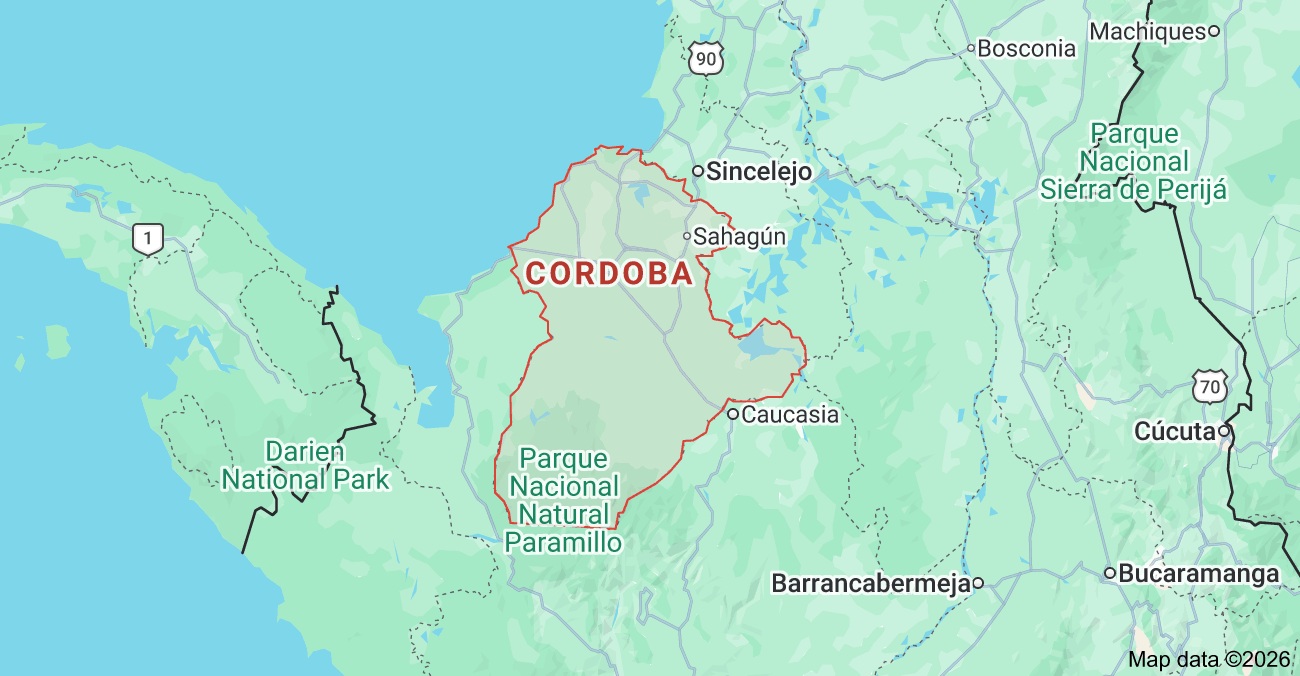Concern over unreported Zika virus cases

WITH THE news that two pregnant women in Panama are among the 118 confirmed cases of Zica Virus in Panama concerns are rising as the number of cases climbs daily, with the possibility that many may have been infected who have not sought medical help.
The virus has been linked with cases of microcephaly (a malformation of the brain) in newborns.
Meanwhile, scientists from the United States claimed Friday to have discovered how the zika virus kills brain cells in fetuses. Laboratory tests conducted at the Johns Hopkins Institute showed that the virus identifies key cells involved in the development of the brain and then destroys them.
The finding supports the claims that the virus causes brain abnormalities in babies.
In Panama, there are two pregnant women who are under strict medical surveillance due to having been exposed to the virus reports La Prensa.
Esquivel, Xavier Sáez-Llorens doctor, researcher and chief of Infectious Diseases at Hospital del Nino said that the situation is serious because there is a risk that women will not know that they have been infected in the first trimester of pregnancy and additionally neurological implications associated with Guillain Barre syndrome affect people of all ages.
“This is a serious problem because there must be a reasonable amount of pregnant women who maybe do not know they have been infected in the first trimester.” Sáez-Llorenstold La Prensa.
“ We are going to discover it when these children are born .For each person with symptoms there are four that do not and can be sick. Because the disease is benign many people, even with symptoms do not seek medical attention,” he said
The zika health alert was activated in December 2015 when the first cases were diagnosed in the Comarca Guna Yala.
Doctors initially suspected dengue and chikungunya, but tests conducted at the Gorgas Memorial Institute in the first week of December determined that Panama had its first case of the zika virus.
Efforts are underway to reduce mosquito populations, which will reduce the transmission of the disease.





